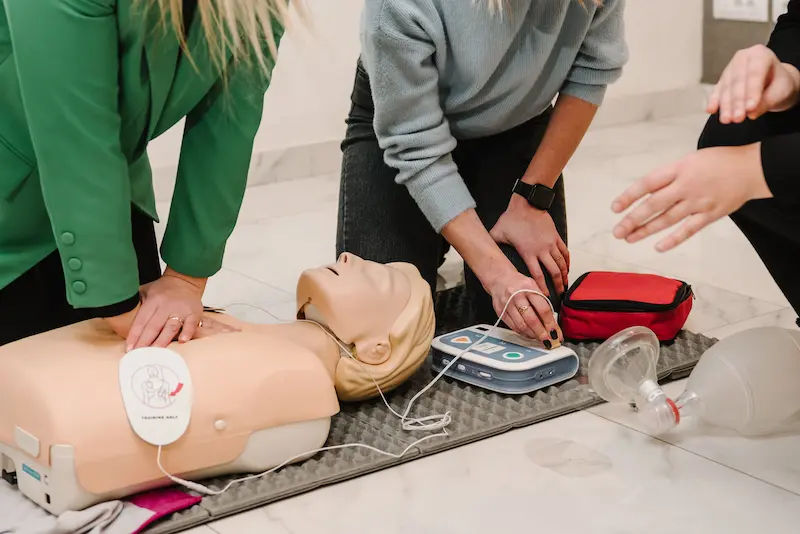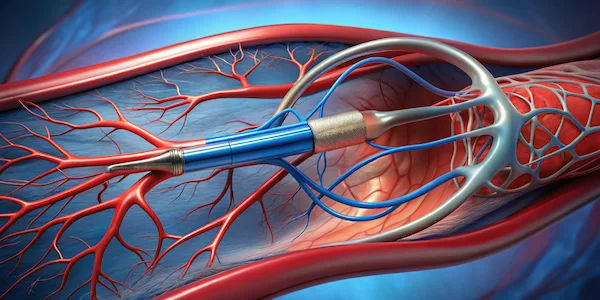- Male
- 38 Years
- 29/01/2025
I've been experiencing a rapid heartbeat and palpitations with no specific timing. Sometimes it feels like my heart is sinking. I've had an ECG and TMT, and both came back normal. I also have hypothyroidism, and my doctor thinks it might be due to anxiety. I'm wondering if I should get any other tests to rule out heart disease. What do you think?
Answered by 1 Apollo Doctors
Based on your symptoms and the normal ECG and TMT results, it is likely that your palpitations and fast heart rate are indeed related to anxiety, especially given your history of hypothyroidism. However, if you still have concerns about ruling out any underlying heart disease, you may consider getting a Holter monitor test to monitor your heart rhythm continuously for a period of time. This can help detect any irregular heartbeats that may not show up on a standard ECG. Additionally, an echocardiogram may be considered to assess the structure and function of your heart. In the meantime, managing your anxiety through relaxation techniques, regular exercise, and stress-reducing activities can also help alleviate your symptoms.
Dr. Mubarak Suggests...
Consult a Cardiologist
Answered 04/07/2025
0
0

More Cardiology Health Queries
View allI'm experiencing some discomfort, and I'm a bit worried. Whenever I take a deep breath, I feel a slight pain on the right side of my chest, and it's also affecting my shoulder and the right side of my neck. I don't have any cough or trouble breathing. What could this be? Please help me understand what's going on.
take tablet pantoprazole for 5 days, once a day and tablet zerodol
Answered by 1 Apollo Doctors
I'm having some health anxiety these past few months, especially about my heart, like cardiophobia, I guess. Because of this, I've been experiencing pain in my left hand, from my arm down to my fingers. I'm really worried and can't help but wonder, is this just anxiety causing it, or is there something else going on?
Health anxiety, or cardiophobia, can indeed cause physical symptoms like pain in the left arm, as anxiety can manifest with muscle tension and heightened sensitivity to bodily sensations. Since you have had normal cardiac tests and evaluations, it's likely that anxiety is contributing to your symptoms. It's important to address your anxiety through appropriate methods such as cognitive-behavioral therapy (CBT), relaxation techniques, regular exercise, and possibly medication if recommended by a healthcare provider. Consulting with a mental health professional can provide you with tools to manage your anxiety and reduce the physical symptoms you're experiencing.
Answered by 1 Apollo Doctors
Im 24 and use a fitness tracker every day to monitor my sleep and activity. Ive noticed my heart rate is usually over 80 BPM, except when Im asleep. Whats the ideal BPM I should aim for, and how can I manage it better?
The ideal resting heart rate for adults is generally between 60-100 beats per minute (BPM). Since your BPM is consistently above 80, it may indicate that you have a higher resting heart rate. To help keep your heart rate in control, you can try incorporating regular exercise, maintaining a healthy weight, managing stress levels, and avoiding stimulants like caffeine and nicotine. If you continue to have concerns about your heart rate, you may consider consulting with a healthcare provider for further evaluation and guidance.
Answered by 1 Apollo Doctors
Disclaimer: Answers on Apollo 247 are not intended to replace your doctor advice. Always seek help of a professional doctor in case of an medical emergency or ailment.




